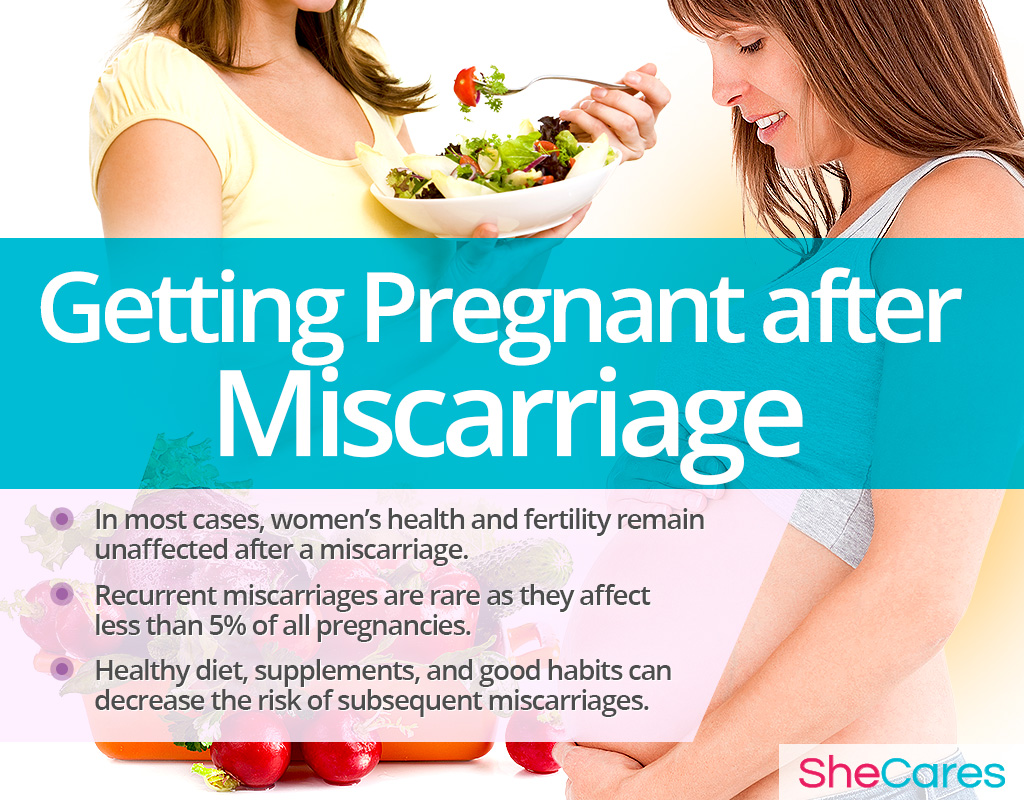
Pregnancy After Miscarriage: A Journey of Hope and Healing
Miscarriage, the spontaneous loss of a pregnancy before 20 weeks, is a common and devastating experience that affects millions of women worldwide. While the emotional and physical toll of miscarriage can be profound, many women go on to have successful pregnancies in the future.
Understanding the Causes of Miscarriage
The causes of miscarriage are often unknown, but certain factors can increase the risk, including:
- Chromosomal abnormalities
- Uterine abnormalities
- Hormonal imbalances
- Infections
- Autoimmune disorders
- Advanced maternal age
Emotional Impact of Miscarriage
Miscarriage can trigger a wide range of emotions, including:
- Grief and sadness
- Anger and frustration
- Guilt and shame
- Anxiety and depression
- Fear of future pregnancies
It’s important to acknowledge and process these emotions in a healthy way. Seeking support from loved ones, a therapist, or a support group can provide comfort and validation.
Physical Recovery After Miscarriage
After a miscarriage, the body needs time to heal both physically and emotionally. Physical recovery typically involves:
- Vaginal bleeding and cramping
- Uterine contractions
- Hormonal changes
- Fatigue
Most women experience physical recovery within a few weeks, but it’s important to listen to your body and rest when needed.
Preparing for a Future Pregnancy
After a miscarriage, it’s natural to wonder if you will be able to have a successful pregnancy in the future. The good news is that most women who experience miscarriage go on to have healthy pregnancies.
Before trying to conceive again, it’s recommended to:
- See your doctor for a physical exam and blood work
- Address any underlying medical conditions that may have contributed to the miscarriage
- Make lifestyle changes to improve your overall health, such as eating a healthy diet, exercising regularly, and managing stress
Emotional Preparation for a Future Pregnancy
While preparing physically for a future pregnancy is important, it’s equally crucial to prepare emotionally. This may involve:
- Processing the emotions of the miscarriage and seeking support if needed
- Developing coping mechanisms for managing anxiety or fear
- Building a support system of loved ones, friends, or a support group
- Practicing self-care and prioritizing your mental health
Signs of a Healthy Pregnancy
After a miscarriage, it’s common to experience anxiety during a subsequent pregnancy. However, there are signs that can indicate a healthy pregnancy, including:
- Regular prenatal appointments
- Normal fetal growth and development
- Absence of vaginal bleeding or cramping
- Positive pregnancy tests
Support for Women Who Have Experienced Miscarriage
If you have experienced a miscarriage, know that you are not alone. There are many resources available to provide support and guidance, including:
- Support groups: Connecting with other women who have experienced miscarriage can provide a sense of community and validation.
- Therapists: A therapist can help you process your emotions, develop coping mechanisms, and prepare for a future pregnancy.
- Online resources: There are numerous websites and online forums that offer information, support, and resources for women who have experienced miscarriage.
Conclusion
Pregnancy after miscarriage is a journey of hope and healing. While the emotional and physical toll of miscarriage can be significant, most women go on to have successful pregnancies in the future. By understanding the causes of miscarriage, seeking support, preparing physically and emotionally, and recognizing the signs of a healthy pregnancy, women can navigate this journey with resilience and optimism. Remember, you are not alone, and there is hope for a future filled with joy and fulfillment.